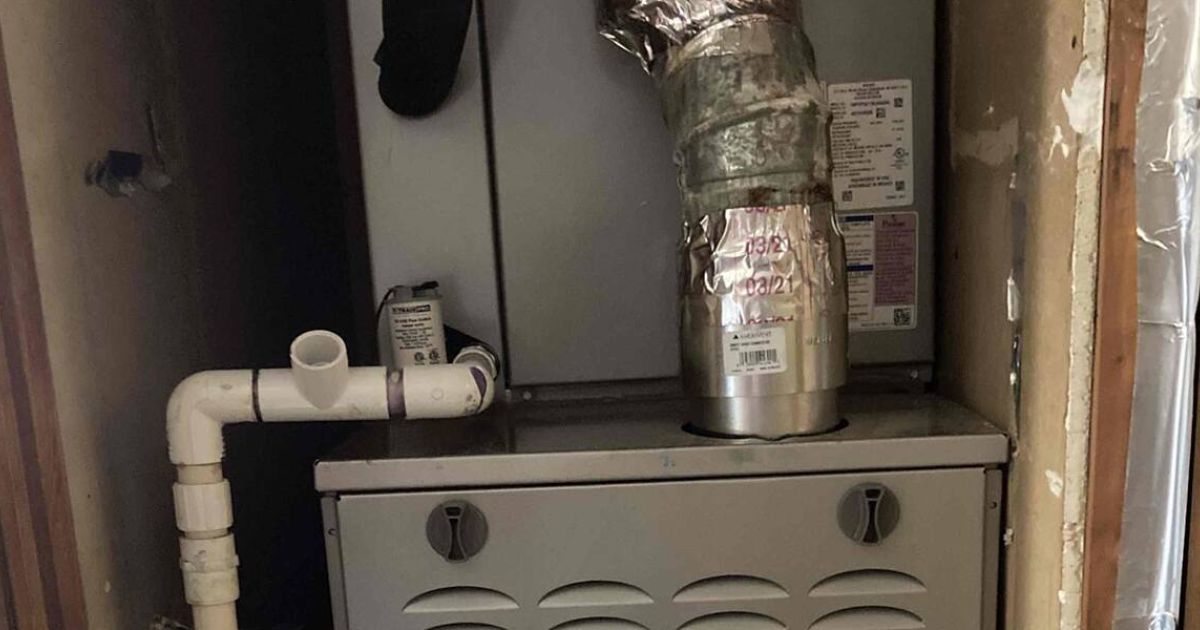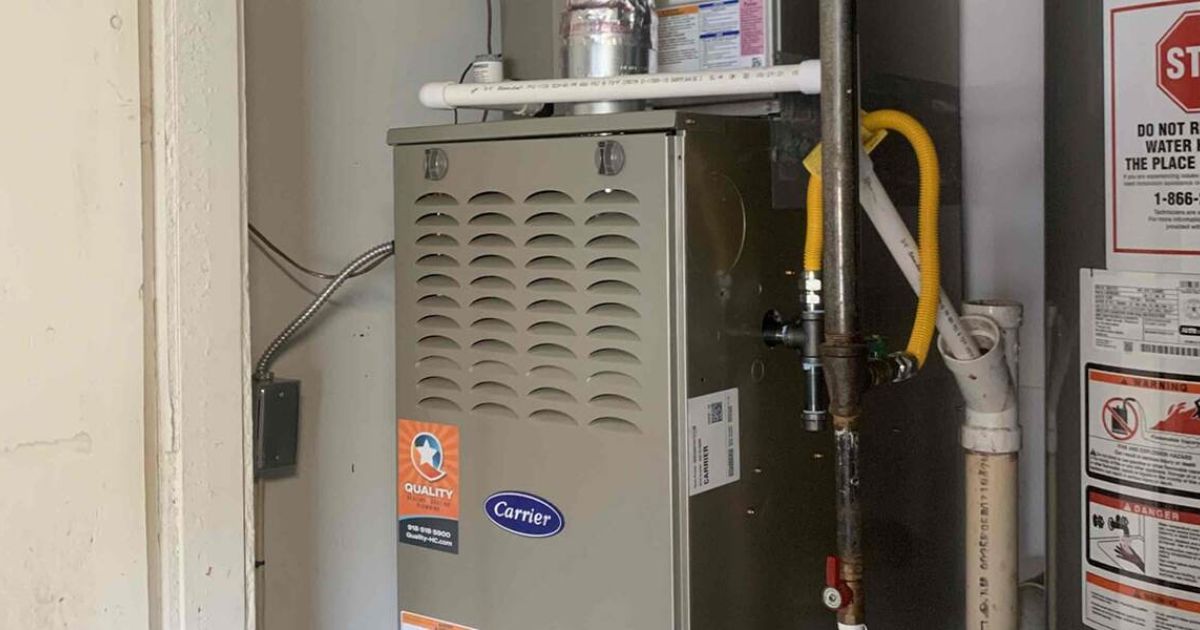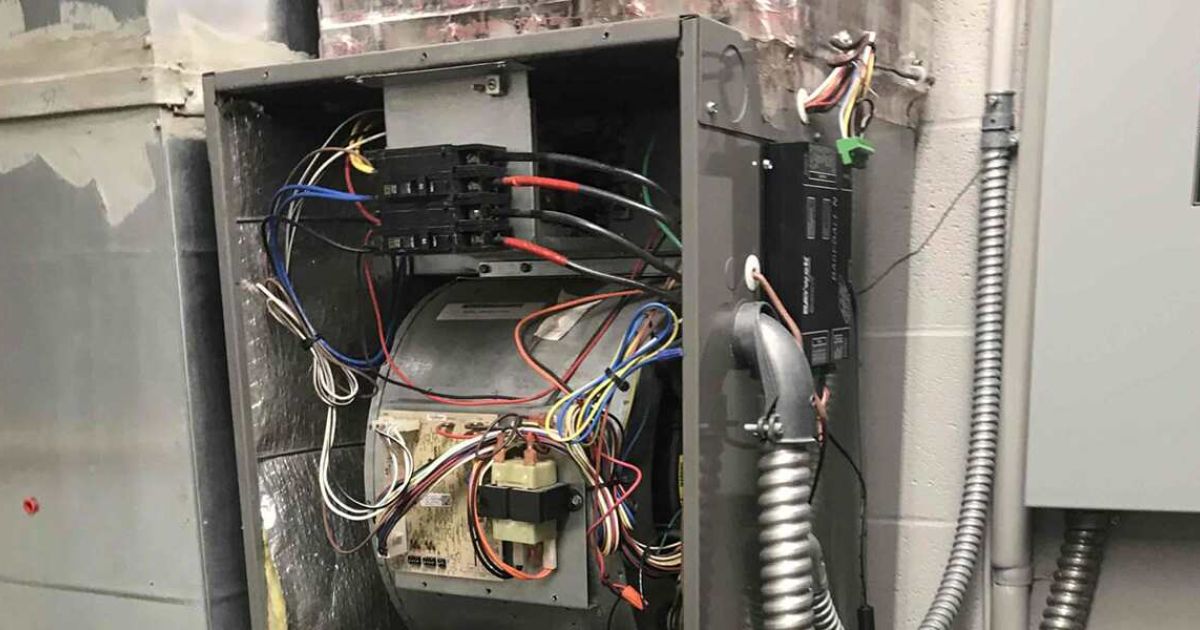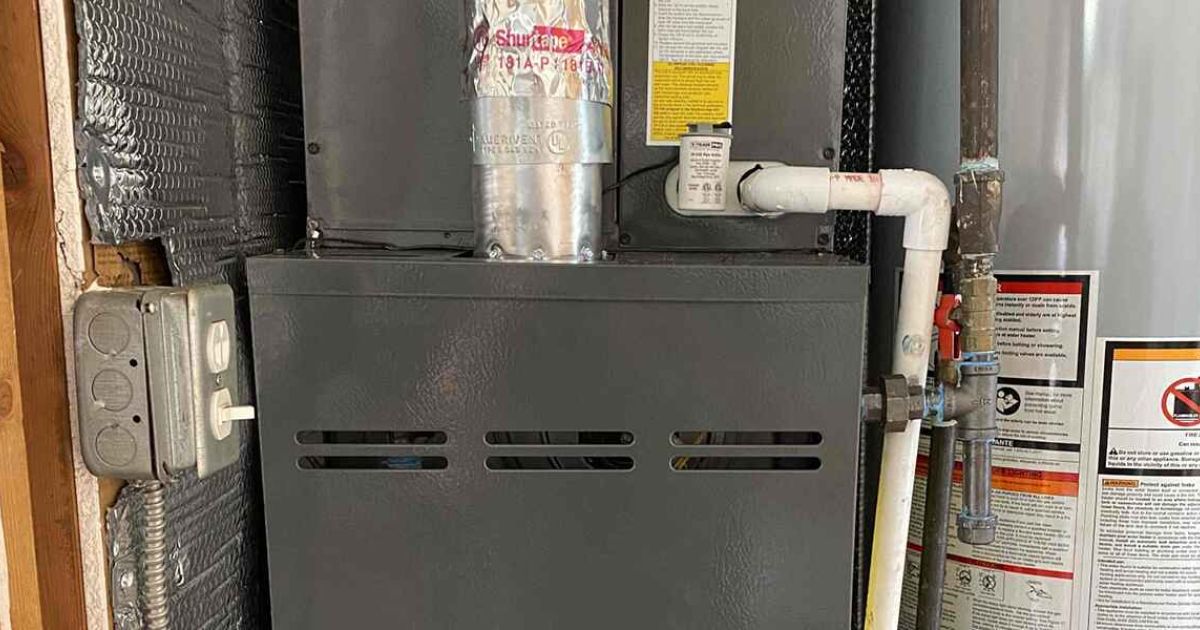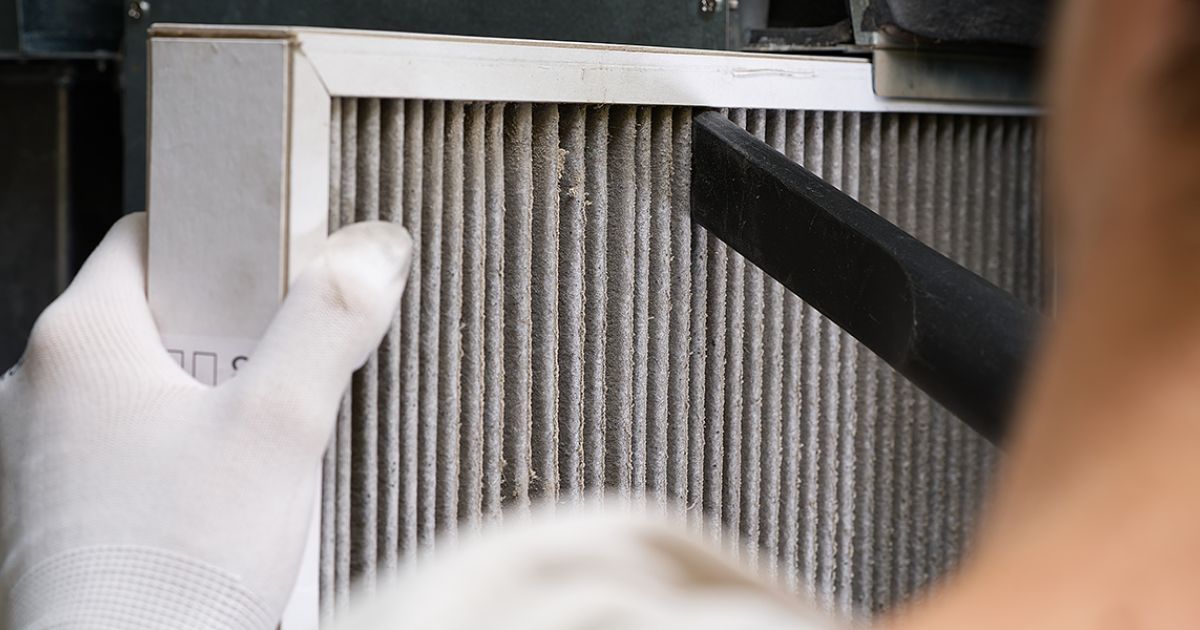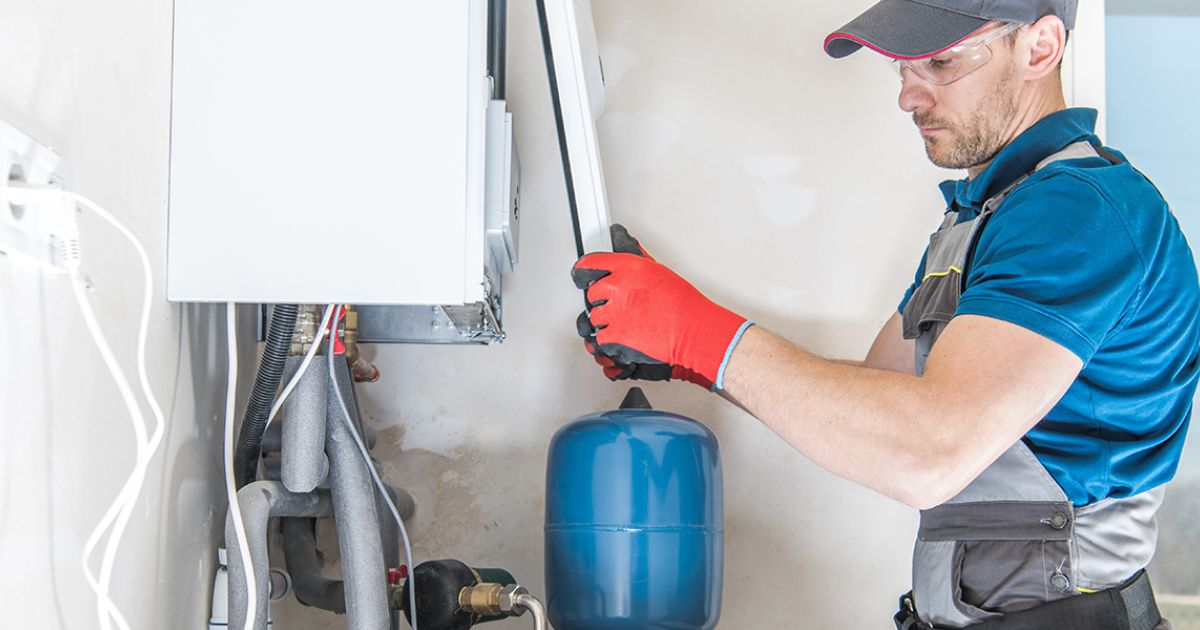
Experience the ultimate level of indoor comfort with HVAC and plumbing services from Quality Heating, Cooling & Plumbing. Call us now to discuss your needs or to schedule a service appointment for installation, maintenance, and more.
How many hours should a furnace run in the winter? Many homeowners worry about furnace operation during the cooler months when their reliance on this essential appliance is at its heaviest. In this guide, we’ll cover the typical running time in the winter, why furnaces turn on and off and struggle to reach the temperatures you want, and what you can do about short cycling problems.
After learning more, reach out to Quality Heating, Cooling & Plumbing for a furnace consultation appointment. We are a top-rated and reputable heat and air company in Tulsa, OK, and the surrounding areas. If your furnace doesn’t run properly, let us assist you promptly!

How Long Do Furnaces Operate in the Wintertime?
Furnaces will turn on and add heat to your property to reach your preferred temperature. Once your home is at your programmed temperature, it will shut off as it no longer needs to make changes. We call this process “running” or “cycling,” and it may happen several times per hour.
A furnace may cycle every 10 to 15 minutes and could experience anywhere from two to eight cycles per hour. Extremely cold climates can warrant the need for your furnace to experience more cycles and work harder to reach your temperature goals. However, shutting off and turning back on after a few seconds is a major clue that your furnace needs repairs or replacement services.
So, how many hours should a furnace run in the winter normally? While there’s no consistent answer, as everyone’s heating needs and preferences differ, you can expect your furnace to operate for several hours during the winter, depending on how long it needs to heat your property. Your climate, property size, furnace type, and several other factors will also affect the number of hours your furnace runs.
Potential Explanations for Furnace Short Cycling
While cycling is typical behavior for a furnace, turning on and off after a few seconds over and over is not. So, why does this happen? If your furnace thinks it has reached your desired temperature or starts to overheat, it will shut off after “achieving the goal” or for safety reasons.
Furnaces can get improper temperature readings if your thermostat resides in direct sunlight, believing that your property is warmer than it actually is. If your thermostat is faulty, this can also cause incorrect readings. Scheduling repair services or upgrading to a smart thermostat can help.
Several other causes for frequent cycling include, but are not limited to, the following:
- Too big of a furnace. Homes with oversized furnaces can get hotter than necessary, leading to the overheating and shutdown of the system. Unfortunately, you will need to replace your furnace with an appropriately sized unit to resolve this major issue.
- A dirty flame sensor or flue. Cleaning these parts can remove the dirt accumulation that’s preventing proper function. If the sensor or flue has damage, you’ll need a service technician to perform repairs or swap out the broken part for a new one.
- Issues with the igniter. Furnace repair services can resolve any trouble with your igniter and let professionals test its function.
- A broken fan limiter. This is another common reason that a furnace could suddenly turn off, as the fan limiter is another part that blocks the furnace from getting too hot. Once you address this, the furnace may function as normal.
What To Do When Your Furnace Is Repeatedly Short Cycling
It’s frustrating and inconvenient when you’re trying to get warm and your furnace constantly turns on and off. You’re unlikely to feel comfortable or achieve the warmth you want during a cold winter day. Consider trying the following tips to stop the issue.
Address Problems With Your Insulation
You might experience a higher-than-normal amount of furnace cycles if you have poor-quality insulation. If you had a poor-quality installation job or your insulation has experienced damage from weather, animals, and other factors, it can’t properly support your HVAC system.
Some major issues with insulation include leaks and air pockets. These vulnerabilities can allow air to escape and make your furnace operate less effectively. You may need a professional to address any problematic areas with your insulation, so remember to keep up with routine inspections and maintenance services.
You should also verify that you have properly sealed your doors and windows. Again, any cracks or areas for air to escape can make your furnace work twice as hard or contribute to short cycling concerns.
Work With a Furnace Technician in Your Area
The easiest way to get to the bottom of furnace problems is to hire a reputable heating technician in your community. They will identify what’s causing your furnace to short cycle and discuss factors that could explain its decreased efficiency. A professional will offer a clear explanation and the best solution.
Cycling issues almost always warrant the need for furnace repair services, unless you have a minor issue that you can resolve with troubleshooting. Checking that you have no blockages around your furnace or vents and clearing the exterior of your furnace are some good steps to take.
A consultation appointment with a heating specialist can resolve any issues in a timely manner. With their help, you can identify and fix a problem to get your home back to a comfortable temperature.
Replace Your Furnace Filters
Your furnace runs optimally with a clean filter. Replacing furnace filters every one to three months is the general recommendation and is an excellent way to avoid costly repairs. It only takes a few seconds but could address short cycling and plenty of other common furnace problems.
If you’ve replaced your filter and are still experiencing trouble, you might have an unreliable or outdated heating system. Perhaps your furnace is nearing the end of its life and starting to decline as a result. Fortunately, plenty of energy-efficient residential furnaces are available for replacement and could help your property experience greater indoor comfort with fewer problems.
Common Furnace Problems That Warrant the Need for Repairs
Although we’ve discussed some reasons you might notice short cycling with your furnace, there are other concerns that may require repairs. Since furnaces are complex systems that need routine maintenance to keep every part functioning in top shape, several issues can cause a decline in performance.
Some of the most common reasons that businesses and homeowners contact professional heating technicians for assistance are as follows:
- Broken blower motor
- Dirty flame sensor
- A too-big or too-small furnace
- Incorrect thermostat setting
- Bad thermostat placement
- Loose screws or panels
- Carbon monoxide leaks
- Burner problems
- Bad electrical connections
- A worn motor or belt
- Obstructions near the furnace
Contact Quality Heating, Cooling & Plumbing for Top-Notch Furnace Installation, Repair, and Maintenance Services in Tulsa, Oklahoma!
We hope you now have more clarity about questions like, “How many hours should a furnace run in the winter?” At Quality Heating, Cooling & Plumbing, we offer reliable furnace services and can provide heating maintenance to ensure your system is running in top condition. We offer easy online appointment scheduling and helpful financing and have a knowledgeable service team.
Call Quality Heating, Cooling & Plumbing today at (918) 262-5245 to book top-rated furnace services in Tulsa or Glenpool, OK! Learn more today.

Cassie Pound is the Vice President of Quality Heating, Cooling, Plumbing & Electric with locations in Tulsa, Glenpool, and Bartlesville, Oklahoma.


